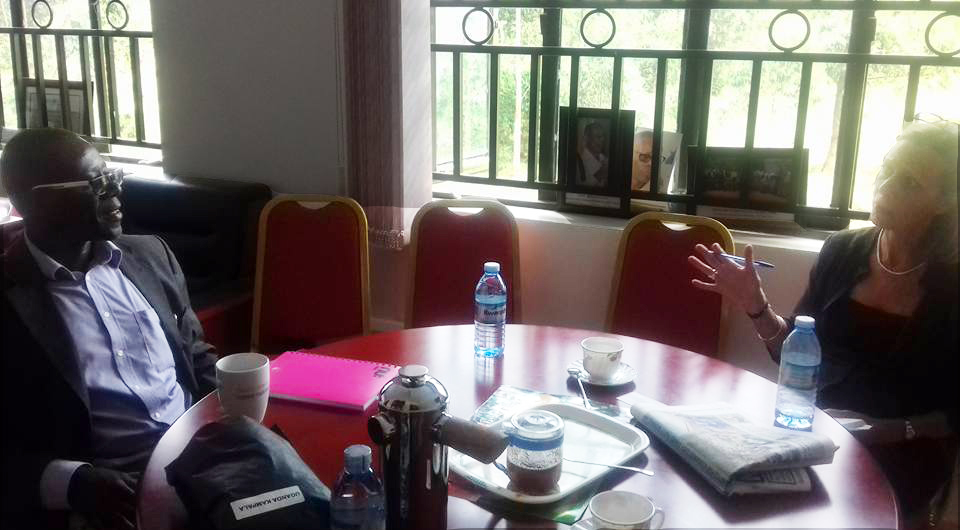Bargaining over Agricultural Taxation and Agricultural Policy
Bargaining power and producer groups in Africa
Theories of the fiscal contract implicitly assume a quid pro quo – policy returns for taxation – that rarely is immediately identifiable in the developing world. Revenue bargaining may be about not paying, and the returns for the non-payment may be favourable policy support. In other words, in the real life of revenue bargains in low-income countries, the fiscal contract theory may be turned on its head. In spite of an overall liberalisation of agriculture in Africa and a general perception that most producers of most crops are tax exempt, in reality, taxation on crops vary. This is the case in Uganda where some sectors have more favourable conditions in terms of both tax incentives and policy support than other sectors.
The purpose of this sub-project is to explain these differences by investigating the bargaining power of the producer groups in two selected sectors: dairy and coffee. Whereas coffee throughout Uganda’s post-independence period has been the main foreign exchange earner, it has in many ways been neglected by the government. Even if taxes on coffee were reduced after liberalisation, it is uncertain whether the taxes on the sectors that are in effect have actually been turned into policy support for the sector. Dairy, on the other hand, seems to have been largely exempted but at the same time favoured by the government.
To examine tax policies in the sector, we review policy documents and secondary literature. To understand the bargaining about tax, we use a mix of interviews with sector actors and a small survey among producers and traders to focus in on possible explanations.
The result will be a study that aims to increase our knowledge about how the informal standing of producer groups matter for tax policy and sector policy towards that group. Preliminary findings indicate that producer groups that are less important politically are also less heard, even if they are important in terms of potential future revenues to the state.


